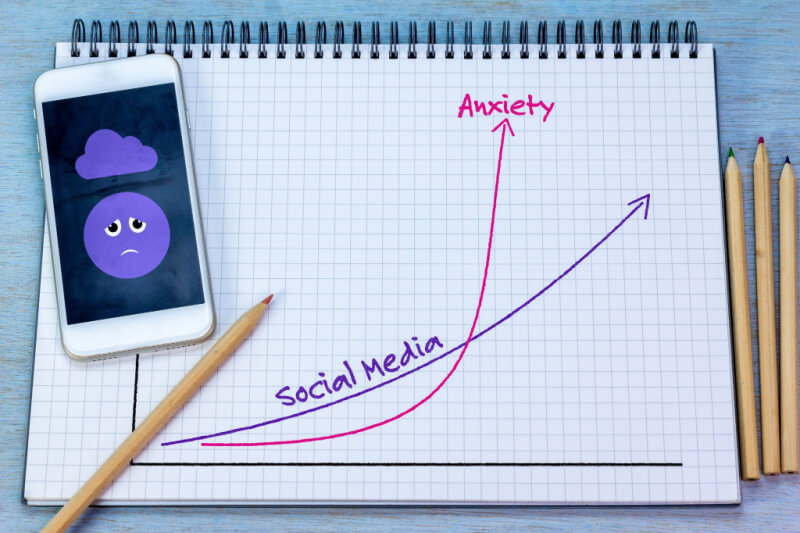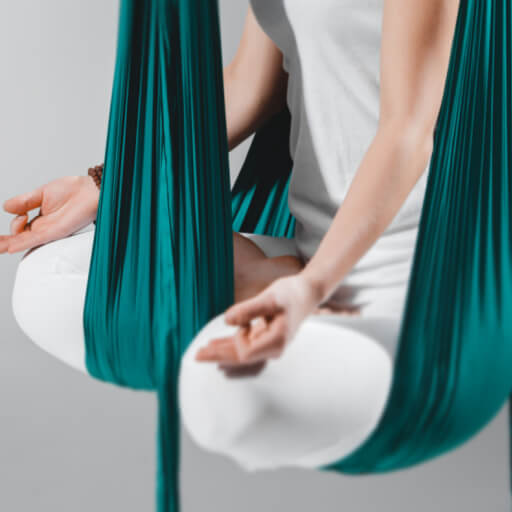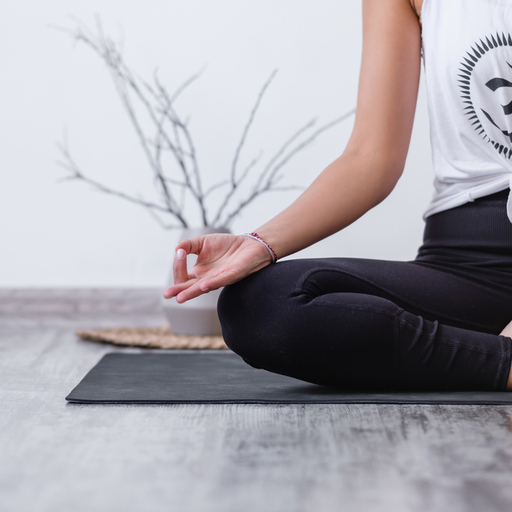Mobile phones and social media have become indispensable in our daily lives. Our days start and end with surfing social media. Although the internet is a boon and social media is a great way to stay connected with the world, it has become a source of stress. Self-consciousness is hardwired when someone uses social media platforms which can create self-esteem issues. So, be aware of the emotions you are courting on social media.
What you need to know:
- What is mindfulness?
- Benefits of performing mindfulness practise
- How to start practising mindfulness?
- How can you practise mindfulness in the age of social media?


Digital media can trigger joy, excitement, sadness, jealousy, grief, and a fear of missing out on life in general. Social media has such a grip on teenagers’ lives that it often blurs the difference between real and reel, leading to envy, anxiety, and depression.
What is mindfulness?
Mindfulness is the practise of paying attention to your feelings and awareness level at the present moment. You’ll have to focus on your five senses to keep yourself grounded in your environment. You can also practise mindfulness during daily chores like cooking, cleaning, or traveling.
It’s the nature of the human brain to think, analyze and solve problems. That means the human brain will constantly look for new things to explore. Mindfulness can help your mind settle in the present moment. You can use mindfulness to train your mind and not let it control you.
Benefits of performing mindfulness practise
There are several benefits that you can reap if you practise mindfulness skills daily:
-
Better sleep quality
In today’s hyper-connected world, many struggle with getting a good night’s sleep. Practising mindfulness and relaxing breathing exercises can help calm the mind, relax the body, and promote restful sleep. By practising mindfulness before bedtime, we create a gentle transition from the busyness of the day to a state of relaxation, allowing for more peaceful and rejuvenating sleep.
-
Stress and anxiety
One of the most prominent advantages of practising mindfulness is its ability to alleviate stress and anxiety. By intentionally paying attention to our thoughts, emotions, and physical sensations without judgment, we cultivate a sense of awareness that helps us break free from the grip of constant worrying and racing thoughts. Regular mindfulness practise can reduce stress levels, enhance emotional resilience, and promote a greater sense of calm.
-
Get mental clarity and be focused
Developing mental clarity and focus has become precious mindfulness skills in a world filled with distractions. Mindfulness meditation exercises, such as focused breathing or body scan, can train our minds to stay present and fully engage in the task at hand. Regular practise has been linked to improved concentration, enhanced creativity, and increased cognitive flexibility. By sharpening our mental focus, we become more efficient and effective in our daily activities.
-
Improve emotional intelligence
Practising mindfulness can help you become less judgemental and more empathetic towards others and yourself. You can develop emotional intelligence and resilience by observing your emotions with acceptance.
How to start practising mindfulness?
Practising mindfulness can help you improve your living standard. Let’s go over them.
-
Make a daily routine:
Long-term meditation practise can benefit your mental well-being. Remember to set aside at least 20 minutes of time for meditation or other mindfulness activities.
-
Using mindfulness as a tool:
Mindfulness can also be used as a tool, enabling you to become more attuned and observe things on a deeper level. Some of the mindfulness tools are meditation and breathing techniques.
How can you practise mindfulness in the age of social media?
So, what is mindfulness practise? Mindfulness is a technique to live in the moment without judgement and acknowledge one’s feelings and emotions. Practising mindfulness can help teens maintain healthy relationships with friends and family and boost their self-esteem and self-confidence. Mindfulness can teach them how to consider their feelings while scrolling on social media. Take a look at ways to unplug yourself and exercise mindful social media usage.


- Devices don’t cause stress. How you relate to them does. Go offline. Many individuals go off the radar for a few days for social media detoxification to concentrate primarily on themselves and their mental health.
- Instead of checking your phone first thing in the morning, try doing a 10-minute meditation session, which can increase your attention span and concentration, enabling you to focus on more important things.
- Practising yoga can do wonders for your mental and physical well-being. Many people report physical distress due to excessive usage of social media. They are advised to perform a brief integrated yoga program, which includes joint loosening practises with breath synchronization, blinking of eyes, stretching of hands and legs with wrist movement, Kapalabhati kriya, Nadi-shuddhi pranayama (alternate nostril breathing), and Bhramari (humming) pranayama. It has the potential to bring about positive lifestyle changes in the form of improved appetite, regulated sleep, enhanced communication with others, and increased recreational activities.
- Today’s mobile devices are equipped with the tool to set timers on app usage. Put restrictions on how much time you spend mindlessly scrolling through social media. Putting such limitations on yourself can help you become productive. Instead, you can immerse yourself in reading, exercising, spending time outdoors in nature or gardening, painting, journaling, or cooking – any offline activity that brings you joy and satisfaction.


- While posting, let go of your attachment to the outcome. Gently remind yourself that external validations do not define your personality. Practise gratitude and self-affirmation to rewire your brain, which increases self-acceptance and self-love.
- Avoid negativity. Distance yourself from negative posts and emotions on social media. Instead, follow things that match your interests and passions.
- Spend time with your family and friends. Try to connect with people in real time. Online social interactions are no substitute for honest conversations in person.
Implement these tips so you have control over social media, not the other way around.
Stay tuned to the Activ Living Community. Keep up to date with the latest health tips and trends through expert videos, podcasts, articles, and much more in nutrition, fitness, mindfulness, and lifestyle conditions like Asthma, Blood Pressure, Cholesterol, and Diabetes.
You may also be interested in the following blogs:
- A Beginner’s Guide To Mindfulness Meditation
- How Can Mindfulness Meditation Benefit You This New Year?
Popular Searches
How to lower blood pressure | Fruits good for liver | Unhealthy foods | Ragi Benefits | Basal Metabolic Rate | Acupressure points for High Blood Pressure | Ayurvedic medicine for blood pressure | How to control cholesterol at home | Homeopathy for Asthma | Biological Age | Home remedies for TB | Natural beta blockers | Negative effects of internet | Types of walking | Blood pressure calculator | Blood sugar calculator | BMI Calculator



















